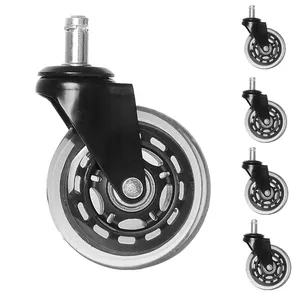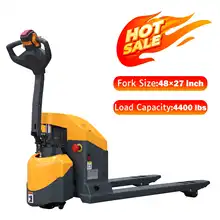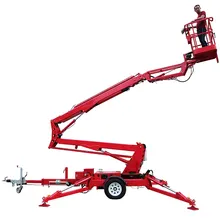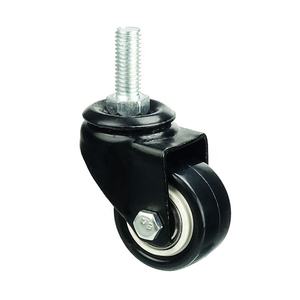Exploring the variety of small wheels on Alibaba.com reveals a spectrum of capacities and materials suited for diverse industrial needs. Wheels with a capacity range from 475 to 34,000 lbs are noted for their quiet operation and versatility in compounds and configurations, making them a popular choice for heavy-duty applications while ensuring floor protection. For those requiring the highest capacity and tensile strength, options are available from 250 to 23,000 lbs, commonly crafted from forged steel, cast iron, or stainless steel, ideal for high heat environments.
Alternatives like nylon wheels offer similar load capacities ranging from 350 to 10,000 lbs, with the added benefits of moisture and chemical resistance, as well as floor protection. V-Groove and Flanged wheels, with capacities from 380 to 16,000 lbs, provide an efficient solution by lifting loads off the floor, which allows for higher capacities and easier rolling. For applications demanding movement of heavy loads at speeds up to 10 mph, press-on wheels are available, with capacities between 1400 and 34,000 lbs, offered in polyurethane or rubber tires.
Small wheels designed for automated guided vehicles (AGV) feature premium polyurethanes and forged steel wheel cores, supporting 800 to 7,000 lbs, ensuring durability for continuous duty applications. Solid cushion rubber tires, with a capacity range from 200 to 22,800 lbs, are molded onto various centers like steel or aluminum, providing a rugged option for industrial equipment. Lastly, for intermittent service without floor damage, wheels with a capacity range from 200 to 5,000 lbs are available, boasting non-marking and corrosion-resistant properties against oils, water, and common solvents.






























 浙公网安备 33010002000092号
浙公网安备 33010002000092号 浙B2-20120091-4
浙B2-20120091-4